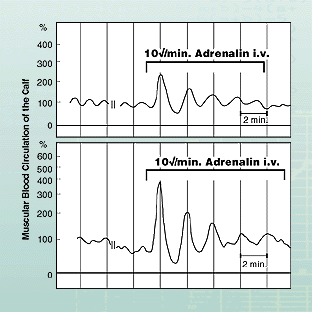| . |
. | .Deutsche Übersetzung in Arbeit |
| DEUTSCHE FORSCHUNGSAKADEMIE DER SAKRALEN MUSIK |
| DEUTSCHE FORSCHUNGSAKADEMIE DER SAKRALEN MUSIK |
| SCIENTIFICALLY INTRODUCING UNIVERSALITY TO ACADEMIC LIFE |
| Faculties: Music & Musicology · Philosophy · Medical Sciences · Education · Pythagoras · Consciousness · Humanities · Natural Science · The Dragon · The Veda · Culture · Opera & Arts |
| . |
. | .Deutsche Übersetzung in Arbeit |
